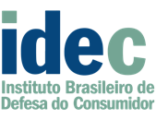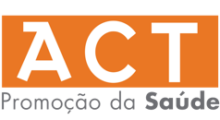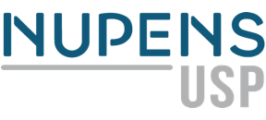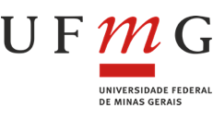What is Feeding Policies?
Feeding Policies (Alimentando Políticas) is an independent research project that promotes scientific basis for public managers that are concerned with creating effective public policies related to food and nutrition. Here you will find studies by renowned researchers on labeling, price and food advertising, populations access and information on adequate and healthy diets. In addition, you will also understand how private interests can influence public management.
Watch the video below and find out how we can help you, public manager.
Why bother with Brazilians’ eating [or dietary] habits?
If effective public policies are not implemented, the direct costs with obesity between 2010 and 2050 will exceed US$ 330 billion.
Brazilians’ eating [or dietary] habits have changed a lot in the past years. Ultra-processed foods, products made with little or no real food, with industrial ingredients, chemical substances and, in general, with a lot of sugar, sodium and fats, such as industrialized stuffed cookies, instant noodles, cereal bars, soda [or] soft drinks and artificial juices became increasingly present in the menu of the population.
The consequences of these changes are visible. In addition to an expressive increase in chronic diseases such as diabetes, heart diseases, high blood pressure [or] hypertension and obesity in all age groups and income levels, the costs to the government [or] the public health are sky-high. From 2008 to 2010, for example, SUS (Sistema Único de Saúde – Unified Health System in Brazil) spent about R$ 3.6 billion per year with overweight and obesity in Brazil.
How to improve the population’s eating [or dietary] habits?

Concerned about this scenario, in 2014, the Ministry of Health published the 2nd edition of the Food Guide for the Brazilian Population, that orients and gives recommendations to health professionals, public managers and the population in general about adequate and healthy food [or dietary] habits. The document encourages healthy dietary practices and contributes to the creation of policies, programs and actions that support, protect and promote Brazilians’ health and food and nutritional security.
In addition to giving several tips, the Guide outlines the main individual and collective obstacles to implementing its recommendations, also concerning public policies.
In this website, we will address four obstacles listed in the Guide that require public policies and regulatory actions of the State, which are related to information, costs, how to ensure a healthy diet for the population and the strategies of the food industry to sell unhealthy products. In addition to these, we have added a new barrier that we consider to be the essential debate today: conflict of interests.
Learn more about our themes below.
-
Real healthy eating
Find out how to improve the population’s dietary habits in your city, state or country -
Food environment
Understand how physical, social, economic, cultural and political environments can influence Brazilian eating [or dietary] habits -
Food labeling
Learn how to make food labels simpler and more understandable, and how to improve consumers’ eating [or dietary] habits -
Price of food
Understand how fiscal measures directly affect the consumption of healthy and unhealthy foods -
Food advertising
Learn how advertising can negatively influence food choices, especially for children -
Conflict of interests
Find out how public policy can be influenced by private interests and how to avoid it -
Food Systems
Healthy patterns of food production, distribution and consumption combat obesity, hunger and climate change.
What research methodology do we apply?
The studies that are published in Feeding Policies use the NOVA classification as its basis. Adopted in the Food Guide, it groups food into four distinct categories according to the degree of industrial processing: fresh or minimally processed foods; processed culinary ingredients; processed foods; and ultra-processed foods.
Learn more about the NOVA food classification system and see how you, public manager, can use it to improve the population’s nutrition [or] nutritional diet.
Another methodology that was adopted is the INFORMAS (International Network for Food and Obesity / Non-communicable Diseases (NCDs) Research, Monitoring and Action Support), international network of research, monitoring, support of actions in healthy food environments and prevention of obesity and other non-communicable chronic diseases.
The main objectives of this network are:
- To improve the health of the population;
- To improve food systems – from the processes of production, going through manipulation and distribution of foods to the preparation and consumption;
- To increase engagement actions amongst civil society and the public and private sectors.
Currently, 22 countries around the world are part of this network and are developing research on the subject. Click here to learn more.





